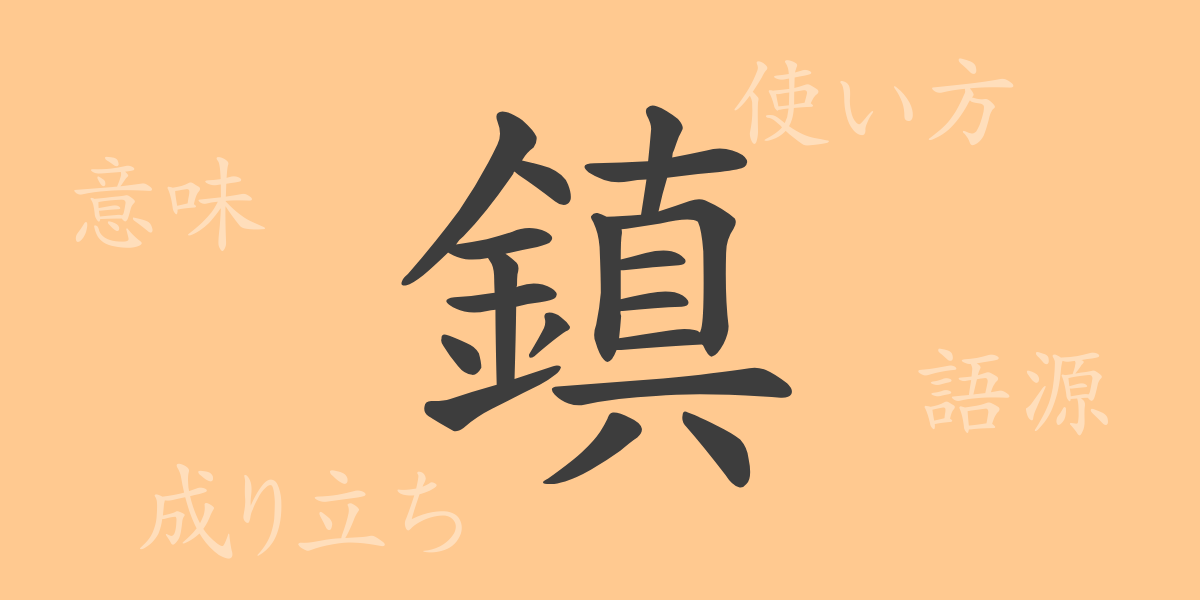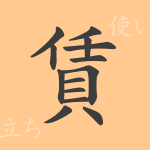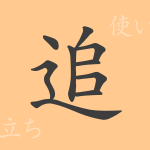The power of a single kanji character is deeply rooted in its form and history. ‘鎮(チン)’, a commonly used kanji in Japanese, frequently appears in daily life, yet behind it lies a rich origin and history. This article delves into the origins, meanings, pronunciations, and usages of ‘鎮’, as well as its presence in idioms and proverbs, exploring the depth of its allure.
Origins of ‘鎮(チン)’
‘鎮’ combines the radical for metal ‘金(きん)’ with ‘真’, originally signifying the act of suppressing something with a heavy metal object. Over time, this evolved from a physical weight to an abstract concept of calming or stabilizing places or situations.
Meaning and Usage of ‘鎮(チン)’
‘鎮’ encompasses meanings such as ‘to suppress’, ‘to calm’, and ‘to stabilize’. It is used in contexts like calming a disturbance, soothing one’s mind, or alleviating pain. It also appears in place names and facility names, evoking stability and tranquility.
Pronunciation, Stroke Count, and Radical of ‘鎮(チン)’
The kanji ‘鎮’ is rich in form and meaning:
- Pronunciation: On’yomi is ‘チン’, Kun’yomi includes ‘しず-める’ and ‘しず-まる’
- Stroke Count: 18 strokes in total
- Radical: ‘金’ (かねへん)
Idioms, Phrases, and Proverbs Using ‘鎮(チン)’ and Their Meanings
Idioms and phrases containing ‘鎮’ reflect its fundamental meanings:
- 鎮火(ちんか) – The complete extinguishing of a fire.
- 鎮魂(ちんこん) – To pacify the souls of the deceased.
- 鎮座(ちんざ) – The permanent residence of a deity at a shrine.
- 鎮痛剤(ちんつうざい) – Medication that alleviates pain.
- 鎮静剤(ちんせいざい) – Medication that calms the mind.
Conclusion on ‘鎮(チン)’
The kanji ‘鎮’ embodies various meanings derived from its form and history. In Japan, it is widely used, from medications that calm physical or emotional disturbances to the names of sacred places. The pronunciation and components of ‘鎮’ also offer significant insights into kanji learning. As part of Japanese culture and language, the presence of ‘鎮’ brings tranquility and stability to our words.

























